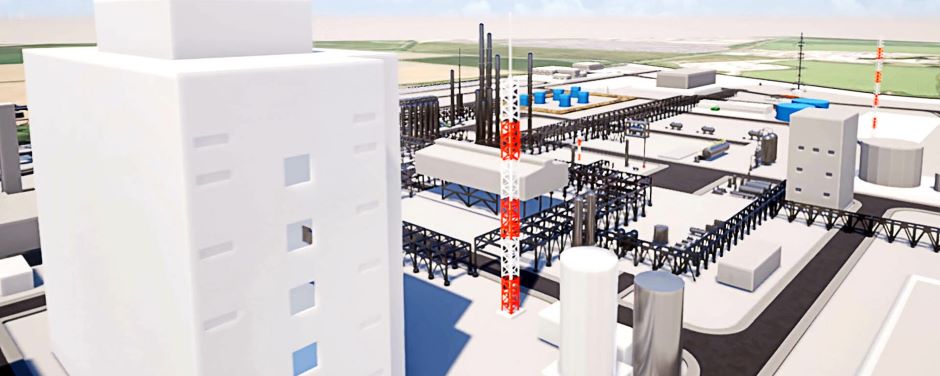
A formal decision notice will be issued subject to standard legal agreements with NELC. All consultees have indicated their acceptance of the plan.
Plans for waste-to-jet-fuel plant on Humber Estuary
“This development cements North East Lincolnshire’s place at the heart of the UK’s green industrial revolution, an area already renowned for its fuels production and offshore wind industry,” said Cllr Philip Jackson, Leader, NELC. “For such a high-profile project to choose North East Lincolnshire just shows how competitive we are for the investment market.”
The proposed Altalto Immingham plant is to convert hundreds of thousands of tonnes per year of non-recyclable everyday household and commercial waste, otherwise destined for landfill or incineration, into sustainable aviation fuel (SAF).
The project, a collaboration between Velocys, British Airways and Shell, is expected to create 130 permanent skilled jobs and many more during construction.
The fuel, based on technology supplied by Velocys, is claimed to offer net greenhouse gas savings of around 70 per cent for each tonne of conventional jet fuel it displaces. It would also improve air quality, with up to 90 per cent reduction in particulate matter from aircraft engine exhausts and almost 100 per cent reduction in sulphur oxides.
Henrik Wareborn, CEO at Velocys, said: “Sustainable aviation fuels are essential for decarbonising this challenging sector and achieving net zero emissions by 2050.
“That’s why Velocys are calling on the government to co-ordinate policy between departments to help us fund a fleet of world leading sustainable aviation fuel facilities in the UK.”
Subject to additional funding and financial close, construction is targeted to begin in 2022, and the facility could be producing fuel from 2025.




Swiss geoengineering start-up targets methane removal
No mention whatsoever about the effect of increased methane levels/iron chloride in the ocean on the pH and chemical properties of the ocean - are we...